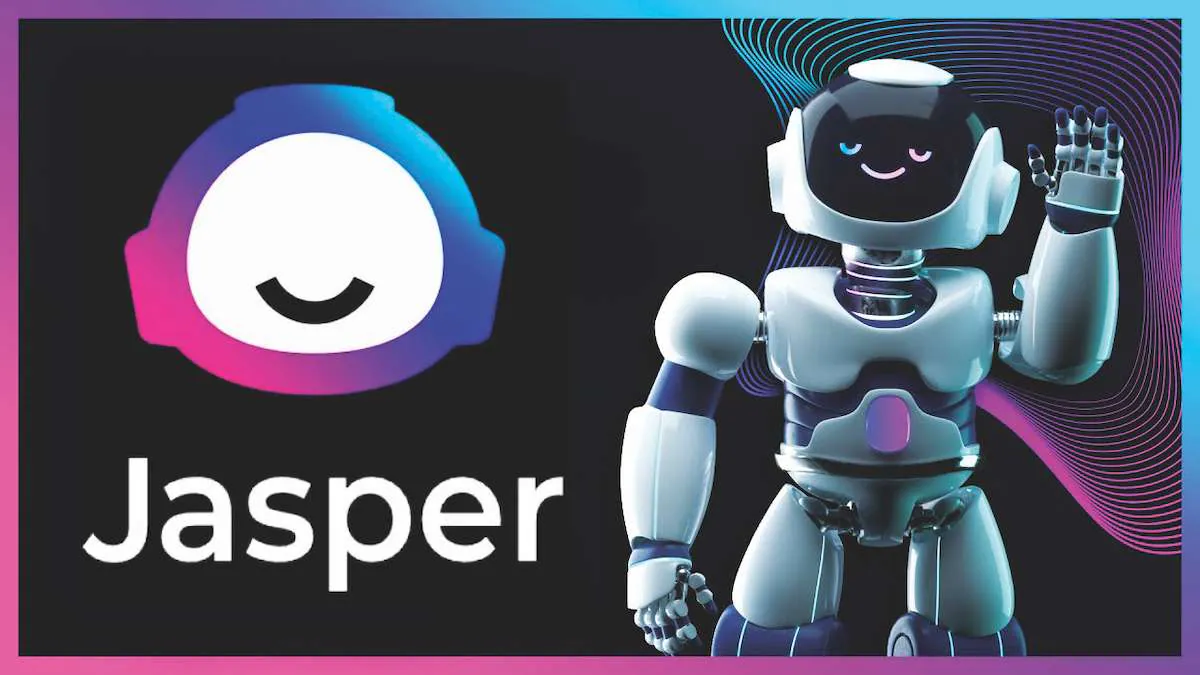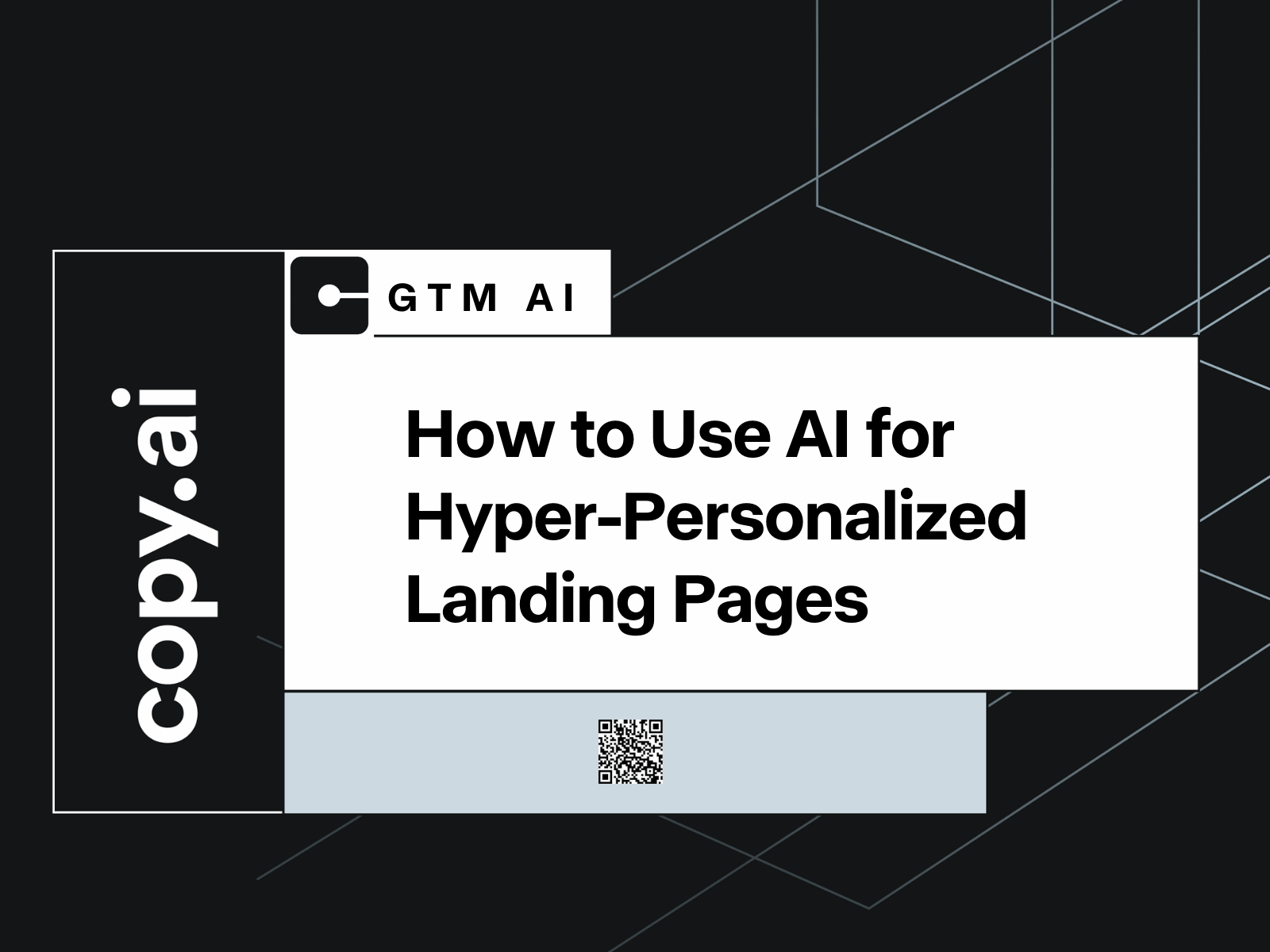Introduction
In 2025, the digital marketing landscape is experiencing a seismic shift. The rise of AI for content creation and marketing is not just a trend; it’s a revolution. Marketers, content creators, agencies, and entrepreneurs are witnessing an explosion of AI marketing tools that are fundamentally changing how brands connect with audiences, optimize campaigns, and drive growth.
The proliferation of AI content writing platforms, AI-powered advertising solutions, and generative AI in marketing has unlocked new levels of efficiency and creativity. Whether you’re a small business owner looking to automate social media posts or an agency scaling personalized campaigns, artificial intelligence is now at the heart of digital strategy, enhancing productivity across various marketing activities.
Why is 2025 the breakthrough year for AI-driven marketing strategies? The answer lies in the convergence of advanced machine learning, natural language processing, and accessible AI video tools. These innovations are democratizing content creation, making it possible for anyone, from solo entrepreneurs to global brands, to harness the power of AI for social media, SEO optimization, and beyond.
AI content automation is no longer a futuristic concept. Today’s best AI tools for content creators enable rapid ideation, real-time editing, and data-driven decision-making. Marketers can now generate high-quality blog posts, compelling ad copy, and engaging videos at scale, all while maintaining brand voice and relevance.
This comprehensive guide explores how AI is transforming content creation and marketing, the top AI marketing tools to consider, and actionable strategies to future-proof your digital presence. Whether you’re curious about AI copywriting, seeking the best AI SEO optimization platforms, or ready to experiment with generative AI in marketing, this article will equip you with the knowledge and resources to thrive in the AI era.
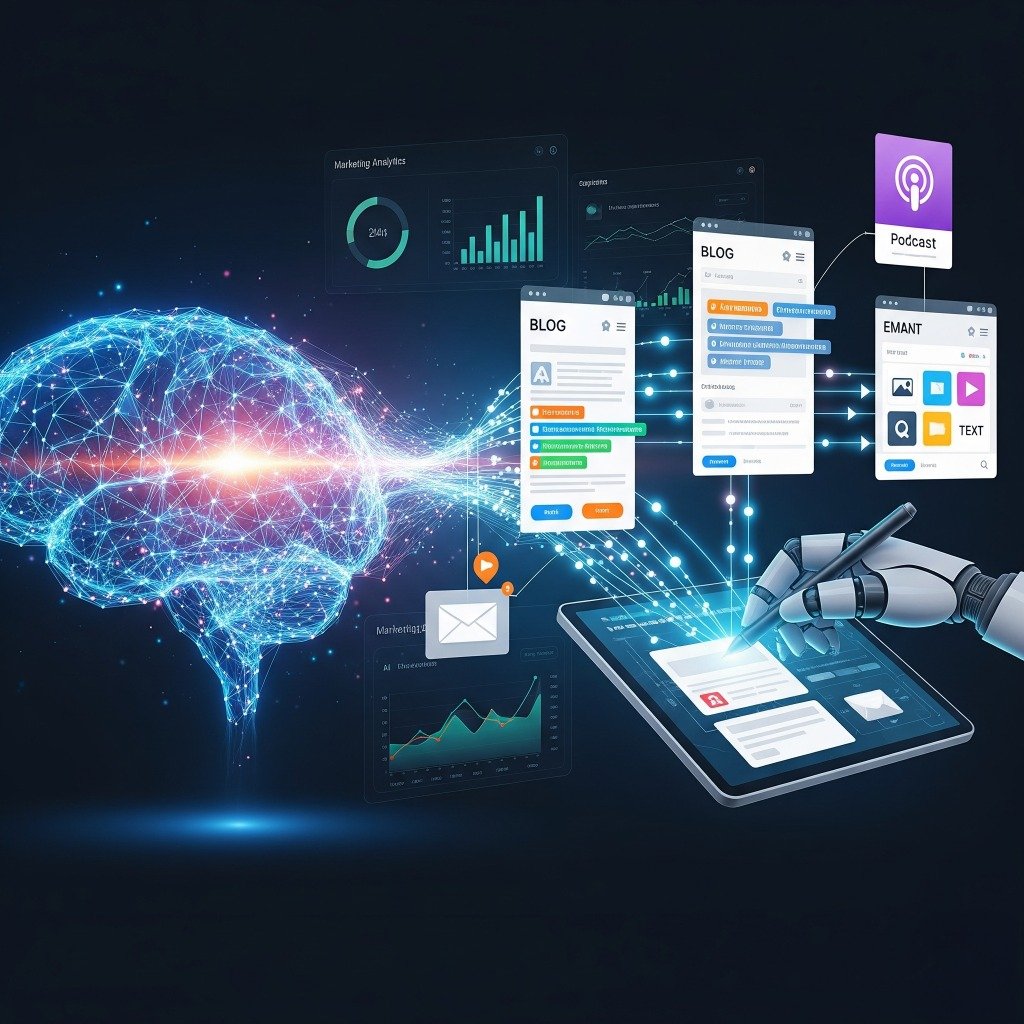
Why AI is Changing Content Creation & Marketing
Generative AI and Automation
The core of AI for content creation and marketing lies in generative AI—algorithms capable of producing original text, images, and videos. Tools like ChatGPT, Jasper AI, and MidJourney are revolutionizing how marketers brainstorm ideas, draft articles, and design visuals. AI content writing platforms can generate blog posts, product descriptions, and even email campaigns in minutes, freeing up human creators to focus on strategy and storytelling.
Automation is another game-changer. AI content automation tools streamline repetitive tasks such as scheduling social media posts, optimizing SEO keywords, and analyzing campaign performance. This not only saves time but also reduces operational costs, making advanced marketing accessible to businesses of all sizes.
Cost Savings & Efficiency
AI marketing tools deliver significant cost savings by automating labor-intensive processes. For example, AI-powered advertising platforms can analyze thousands of data points in real time, optimizing ad spend and maximizing ROI. AI video tools like Synthesia and Pictory enable brands to create professional-quality videos without expensive production teams.
Efficiency gains are equally impressive. AI for social media management can curate content, respond to customer inquiries, and monitor brand sentiment 24/7. AI SEO optimization platforms like Surfer SEO and SEMrush AI provide actionable insights, helping marketers outrank competitors and capture more organic traffic.
Personalization at Scale
Personalization is the holy grail of modern marketing. AI enables brands to deliver hyper-targeted messages based on user behavior, preferences, and demographics. AI for targeting, email marketing, and ads ensures that every customer receives relevant content at the right time.
AI copywriting tools can tailor messaging for different audience segments, while AI-powered advertising platforms dynamically adjust creatives and bids to maximize engag
ement. This level of personalization was once reserved for enterprise brands, but AI content automation now brings it within reach for small businesses and startups.
Data-Driven Decisions Powered by Machine Learning
The true power of AI for content creation and marketing lies in its ability to turn data into actionable insights. Machine learning algorithms analyze vast amounts of information—from website analytics to social media trends—identifying patterns and opportunities that humans might miss.
AI marketing tools offer real-time dashboards, predictive analytics, and automated reporting, enabling marketers to make informed decisions promptly. Whether it’s optimizing SEO strategies, refining ad targeting, or measuring campaign performance, data-driven decision-making is now the standard for digital success.
Top 10 AI Tools for Content Creation
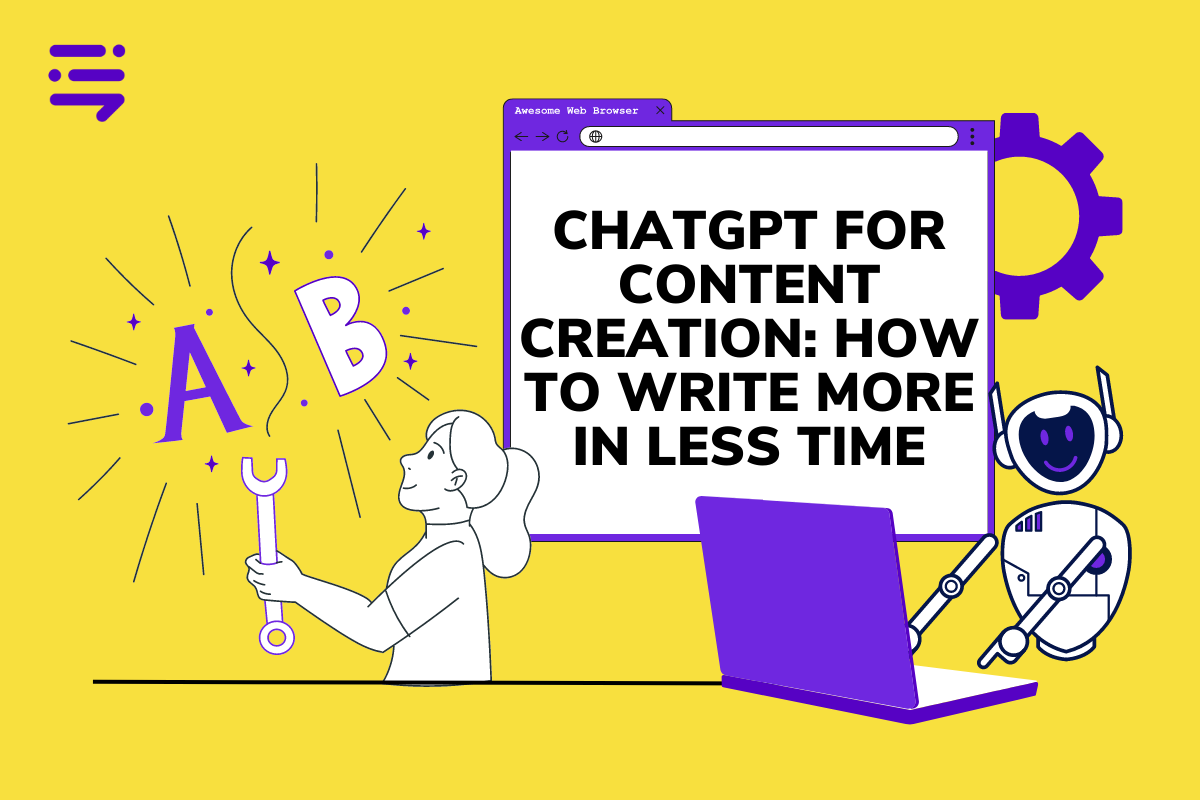
1. ChatGPT (Content Writing)
Overview:
ChatGPT, developed by OpenAI, is a leading AI content writing tool that leverages advanced natural language processing to generate human-like text. It’s widely used for blog posts, email campaigns, social media captions, and even technical documentation.
Key Features:
- Contextual understanding for coherent long-form content
- Customizable tone and style
- Integration with third-party platforms
- Real-time content ideation and editing
Best Use Cases:
- Drafting blog articles and newsletters
- Creating engaging social media posts
- Generating FAQs and website copy
Free vs Paid Options:
ChatGPT offers a free version with basic capabilities, while ChatGPT Plus and enterprise plans unlock faster response times, priority access, and advanced features.
Pros & Cons:
Pros: Versatile, easy to use, high-quality output
Cons: Occasional factual inaccuracies, requires human review
2. Jasper AI (Copywriting)
Overview:
Jasper AI is a powerhouse for AI copywriting, specializing in persuasive ad copy, landing pages, and sales emails. Its templates and workflows are tailored for marketers seeking conversion-focused content.
Key Features:
- 50+ copywriting templates
- Brand voice customization
- Collaboration tools for teams
- SEO mode for keyword optimization
Best Use Cases:
- Writing Facebook and Google ads
- Crafting landing page headlines
- Email marketing campaigns
Free vs Paid Options:
Jasper AI offers a free trial, with paid plans unlocking unlimited words, team collaboration, and advanced integrations.
Pros & Cons:
Pros: Conversion-focused, robust templates, scalable
Cons: Premium pricing, learning curve for advanced features
3. Copy.ai (Ads & Landing Pages)
Overview:
Copy.ai is designed for rapid content generation, especially for ads, product descriptions, and landing pages. Its intuitive interface makes it a favorite among small business owners and agencies.
Key Features:
- AI-powered brainstorming tools
- Multilingual support
- One-click content generation
- Workflow automation
Best Use Cases:
- Creating ad copy for multiple platforms
- Generating product descriptions for e-commerce
- Writing landing page content
Free vs Paid Options:
Copy.ai provides a free plan with limited credits and premium plans for unlimited access and advanced features.
Pros & Cons:
Pros: Fast, user-friendly, supports multiple languages
Cons: Output may require editing, limited customization in free plan
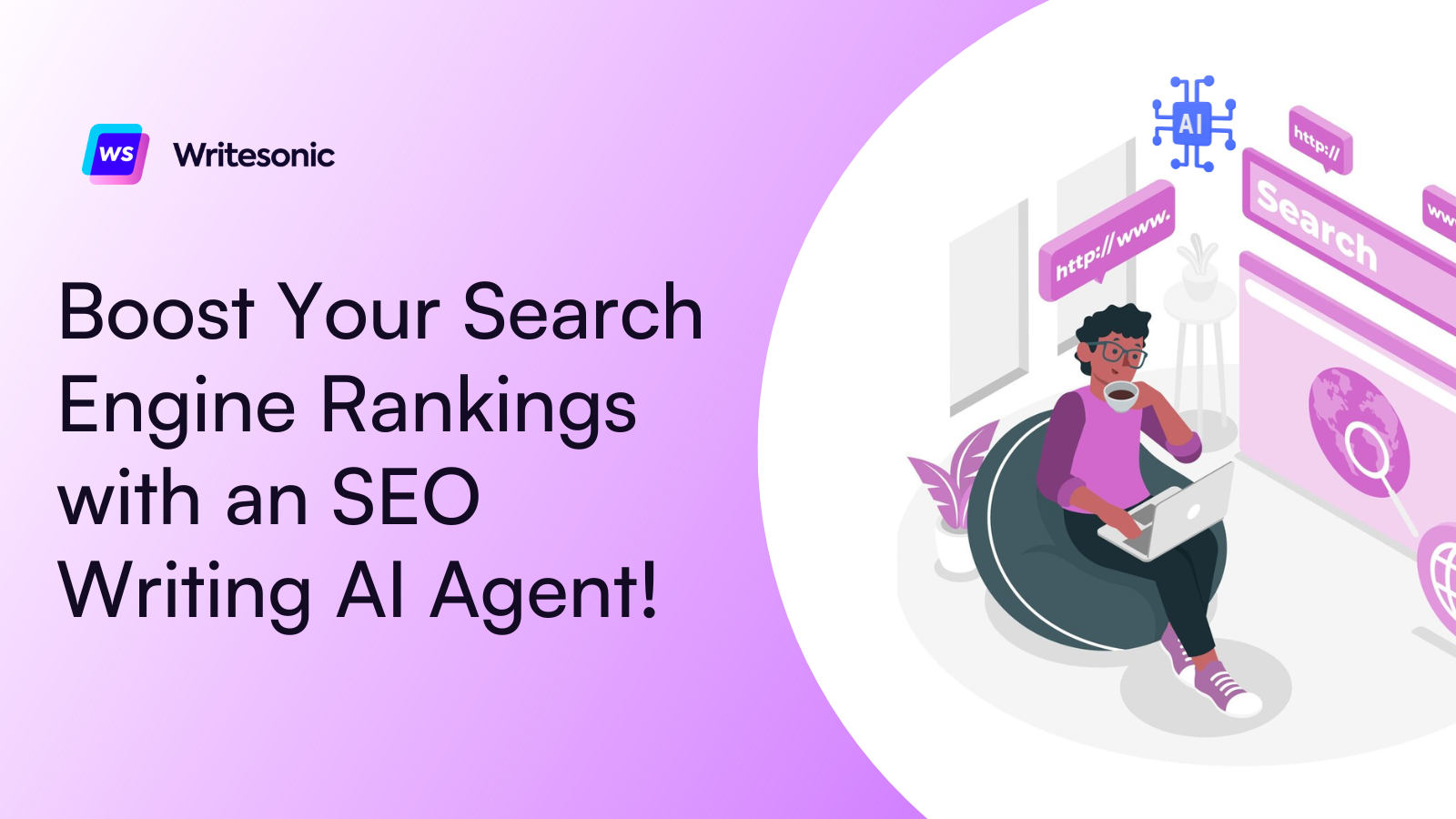
4. Writesonic (SEO Content)
Overview:
Writesonic excels at generating SEO-optimized content, from blog posts to meta descriptions. Its AI SEO optimization capabilities help marketers rank higher on search engines.
Key Features:
- SEO keyword integration
- AI article and blog writer
- Landing page generator
- Paraphrasing and summarization tools
Best Use Cases:
- Writing long-form SEO articles
- Creating product and category pages
- Generating meta tags and descriptions
Free vs Paid Options:
Writesonic offers a free trial with limited words, while paid plans provide higher word counts and premium features.
Pros & Cons:
Pros: SEO-focused, versatile, affordable plans
Cons: Occasional generic output, requires keyword input
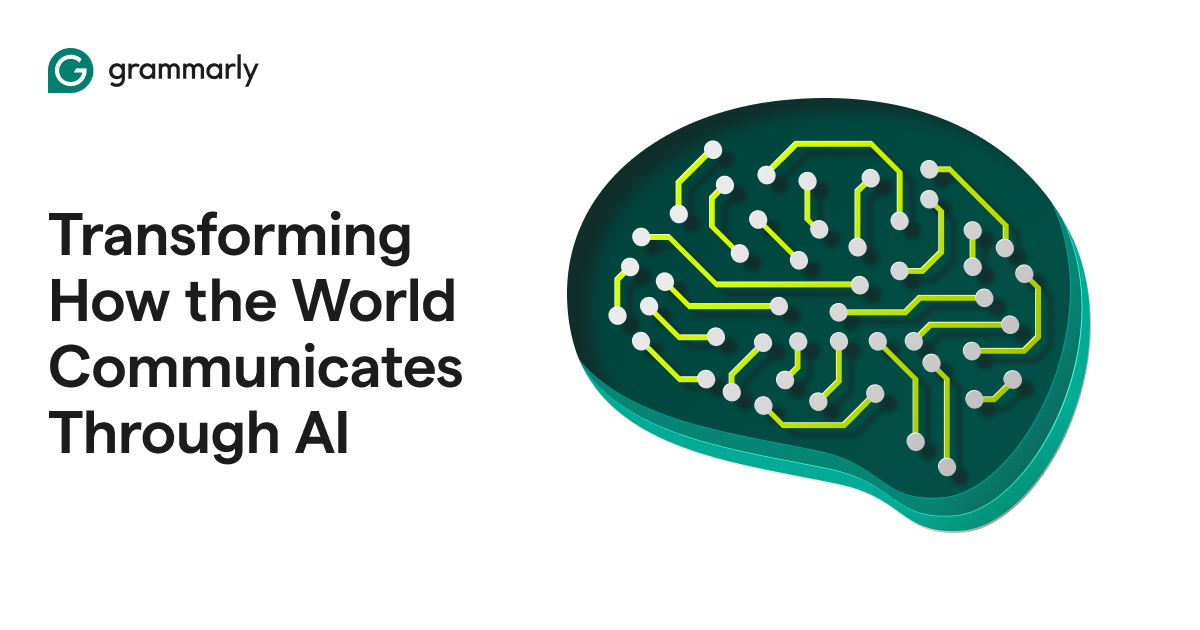
5. Grammarly AI (Editing)
Overview:
Grammarly AI is the industry standard for AI-powered editing, ensuring content is clear, engaging, and error-free. It’s essential for marketers aiming for professional, polished copy.
Key Features:
- Real-time grammar and spell check
- Tone and clarity suggestions
- Plagiarism detection
- Style guide enforcement
Best Use Cases:
- Editing blog posts and articles
- Proofreading email campaigns
- Ensuring brand consistency
Free vs Paid Options:
Grammarly offers a robust free version and premium plans with advanced suggestions and plagiarism checks.
Pros & Cons:
Pros: Accurate, easy integration, improves readability
Cons: Premium features behind a paywall, not a content generator
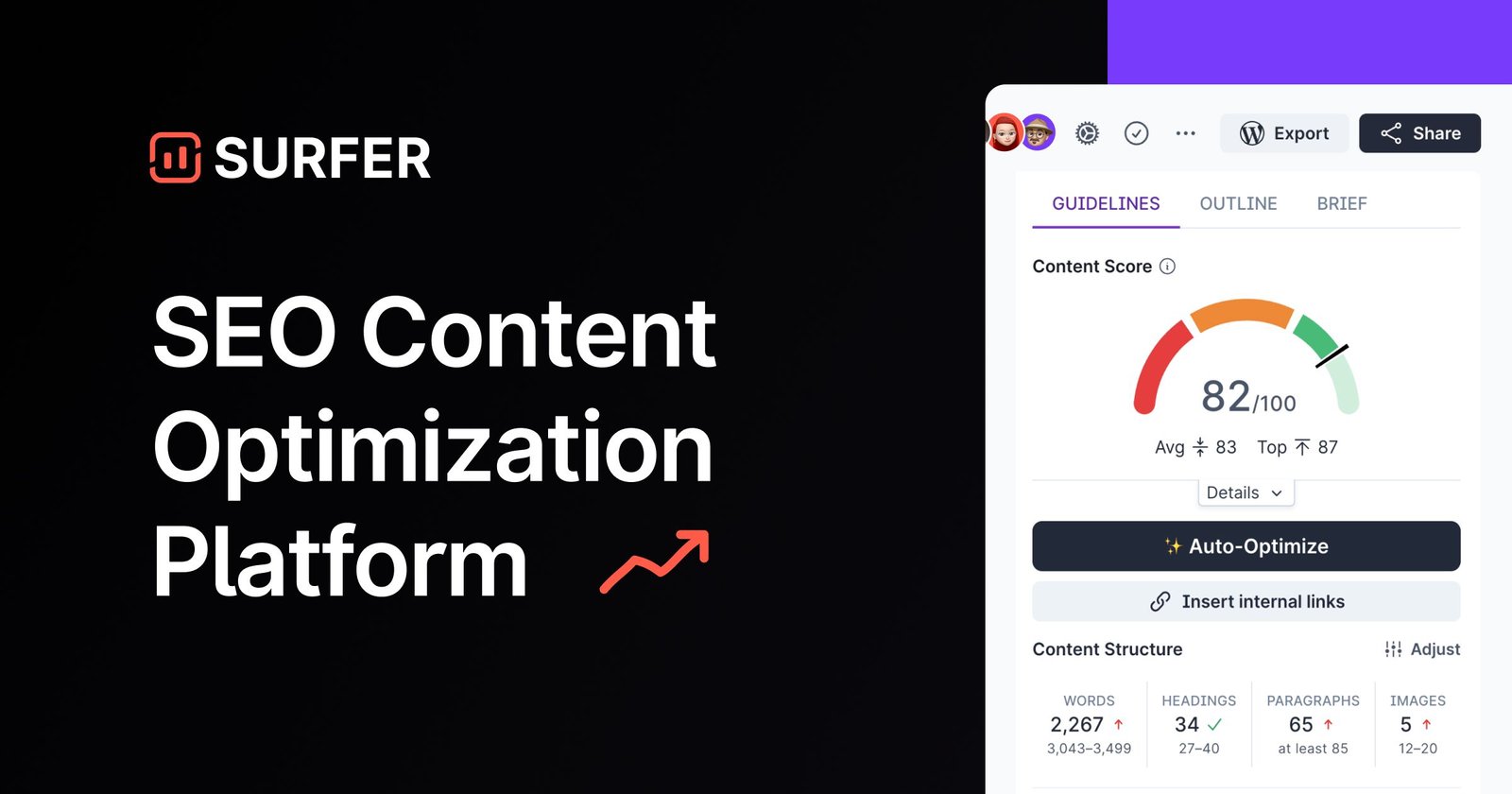
6. Surfer SEO (SEO Optimization)
Overview:
Surfer SEO is a data-driven AI SEO optimization tool that analyzes top-ranking pages and provides actionable recommendations to improve your content’s search performance.
Key Features:
- SERP analysis and keyword suggestions
- Content editor with real-time scoring
- Audit and optimization reports
- Integration with Google Docs
Best Use Cases:
- Optimizing blog posts for higher rankings
- Conducting keyword research
- Auditing existing website content
Free vs Paid Options:
Surfer SEO offers limited free features, with comprehensive tools available on paid plans.
Pros & Cons:
Pros: Actionable insights, boosts organic traffic, integrates with other tools
Cons: Can be complex for beginners, paid plans required for full access
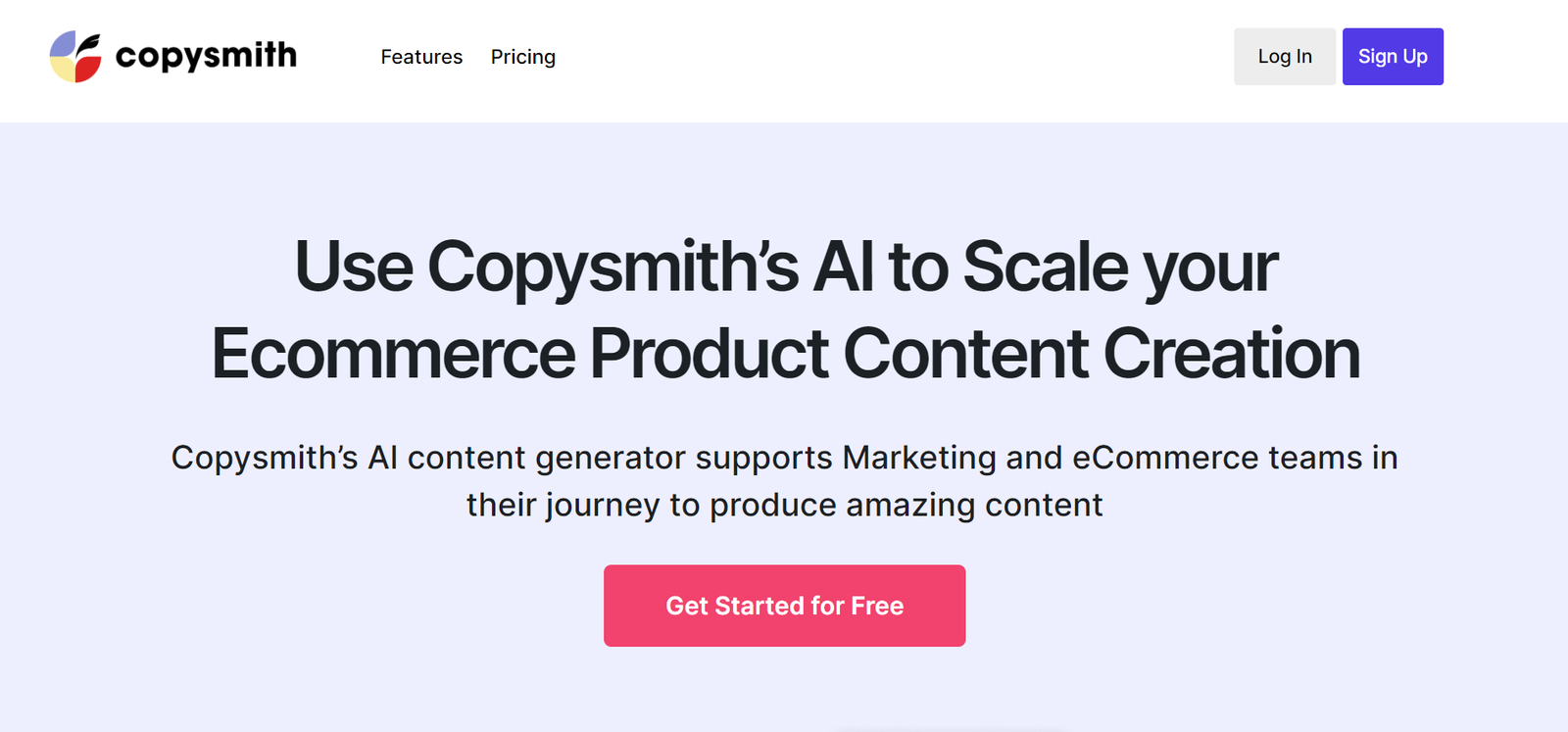
7. CopySmith (E-commerce Content)
Overview:
CopySmith specializes in AI content automation for e-commerce, generating product descriptions, ads, and email campaigns at scale.
Key Features:
- Bulk product description generator
- AI-powered ad copy
- Content rewriting and expansion
- Team collaboration features
Best Use Cases:
- E-commerce product listings
- Automated ad campaigns
- Email marketing for online stores
Free vs Paid Options:
CopySmith offers a free trial and tiered paid plans for different business sizes.
Pros & Cons:
Pros: Scalable, tailored for e-commerce, time-saving
Cons: Output may need brand-specific tweaks, and higher tiers can be costly
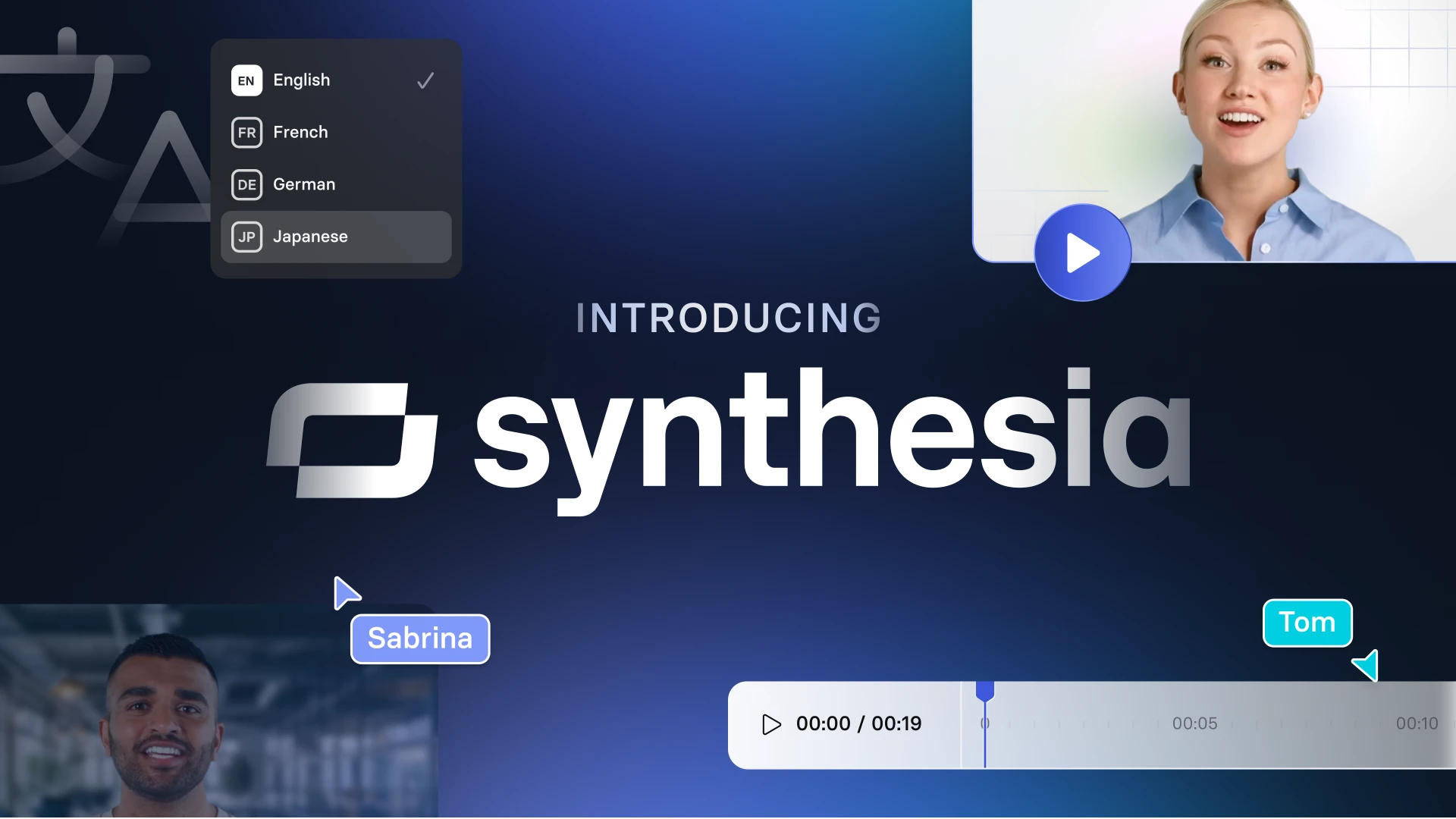
8. Synthesia (AI Video Creation)
Overview:
Synthesia is a leading AI video tool that enables users to create professional videos from text, using AI avatars and voiceovers.
Key Features:
- 120+ AI avatars and voices
- Multilingual video creation
- Custom branding and templates
- Script-to-video automation
Best Use Cases:
- Training and explainer videos
- Social media video content
- Personalized video messages
Free vs Paid Options:
Synthesia offers demo videos for free; full features are available on paid plans.
Pros & Cons:
Pros: High-quality output, easy to use, supports multiple languages
Cons: Limited customization in lower tiers, subscription required for full access
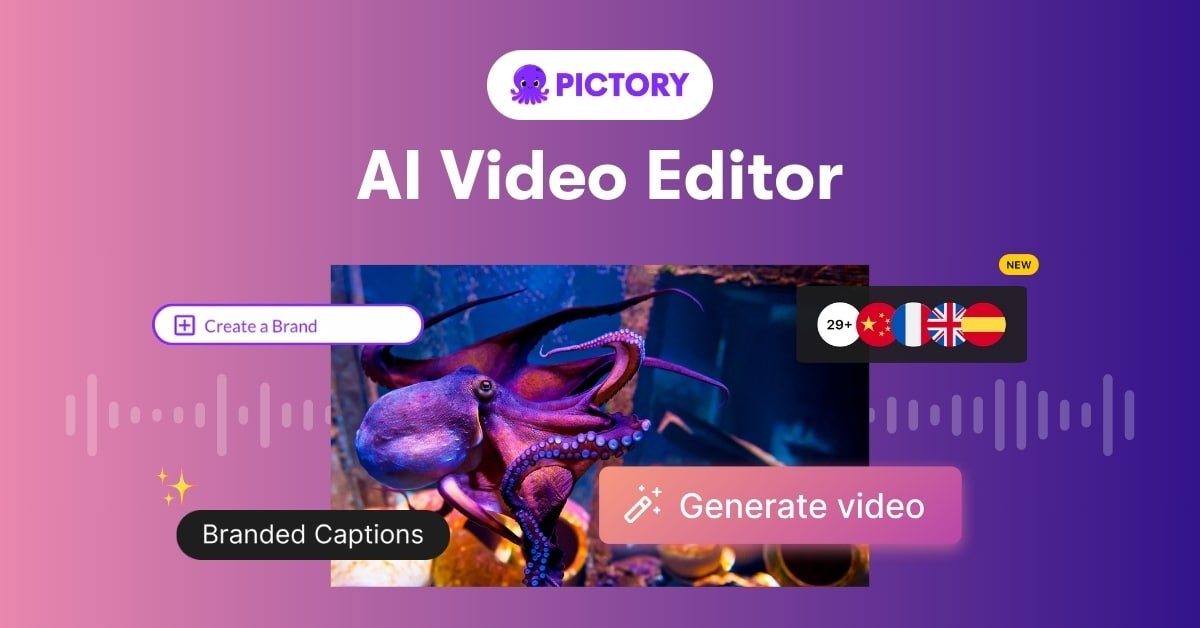
9. Pictory (AI Video Editing)
Overview:
Pictory uses AI to transform long-form content into short, shareable videos, making it ideal for repurposing webinars, blogs, and podcasts.
Key Features:
- Automatic video summarization
- Text-to-video conversion
- Captioning and branding tools
- Social media optimization
Best Use Cases:
- Repurposing blog posts into videos
- Creating social media snippets
- Editing webinars and podcasts
Free vs Paid Options:
Pictory offers a free trial and subscription-based plans.
Pros & Cons:
Pros: Saves time, boosts content reach, intuitive interface
Cons: Occasional need for manual edits, limited advanced editing features
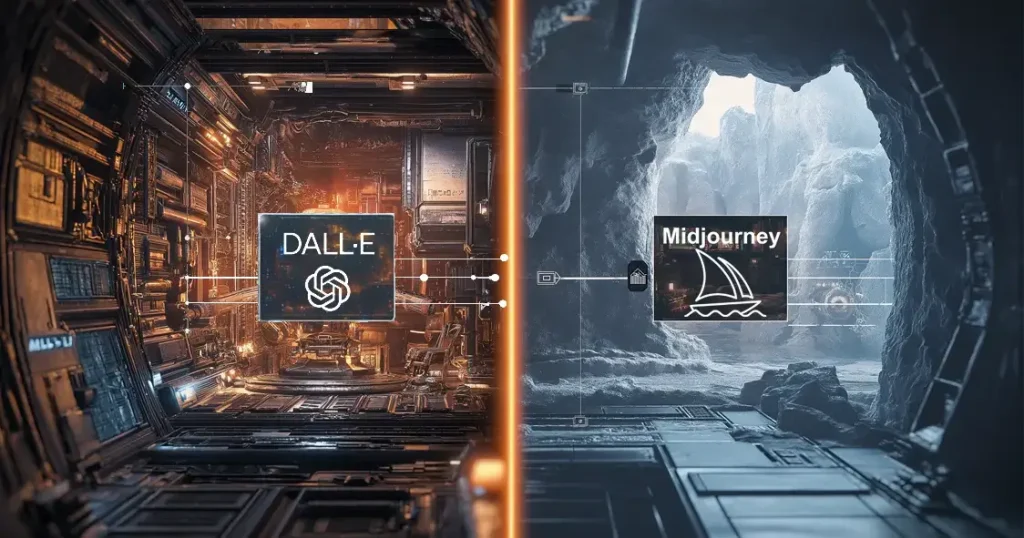
10. MidJourney / DALL·E (AI Images for Marketing)
Overview:
MidJourney and DALL·E are generative AI platforms that create unique images and graphics for marketing campaigns, social media, and branding.
Key Features:
- Text-to-image generation
- Customizable styles and formats
- High-resolution outputs
- Integration with design tools
Best Use Cases:
- Creating original visuals for ads and blogs
- Designing social media graphics
- Enhancing presentations and landing pages
Free vs Paid Options:
Both platforms offer limited free credits; full access requires a subscription.
Pros & Cons:
Pros: Unique, on-brand visuals, fast turnaround, endless creativity
Cons: Requires prompt crafting skills, subscription costs for heavy users
These top 10 AI tools for content creation empower marketers and content creators to work smarter, not harder. By leveraging AI for content creation and marketing, you can streamline workflows, boost creativity, enhance productivity, and achieve measurable results in today’s competitive digital landscape.
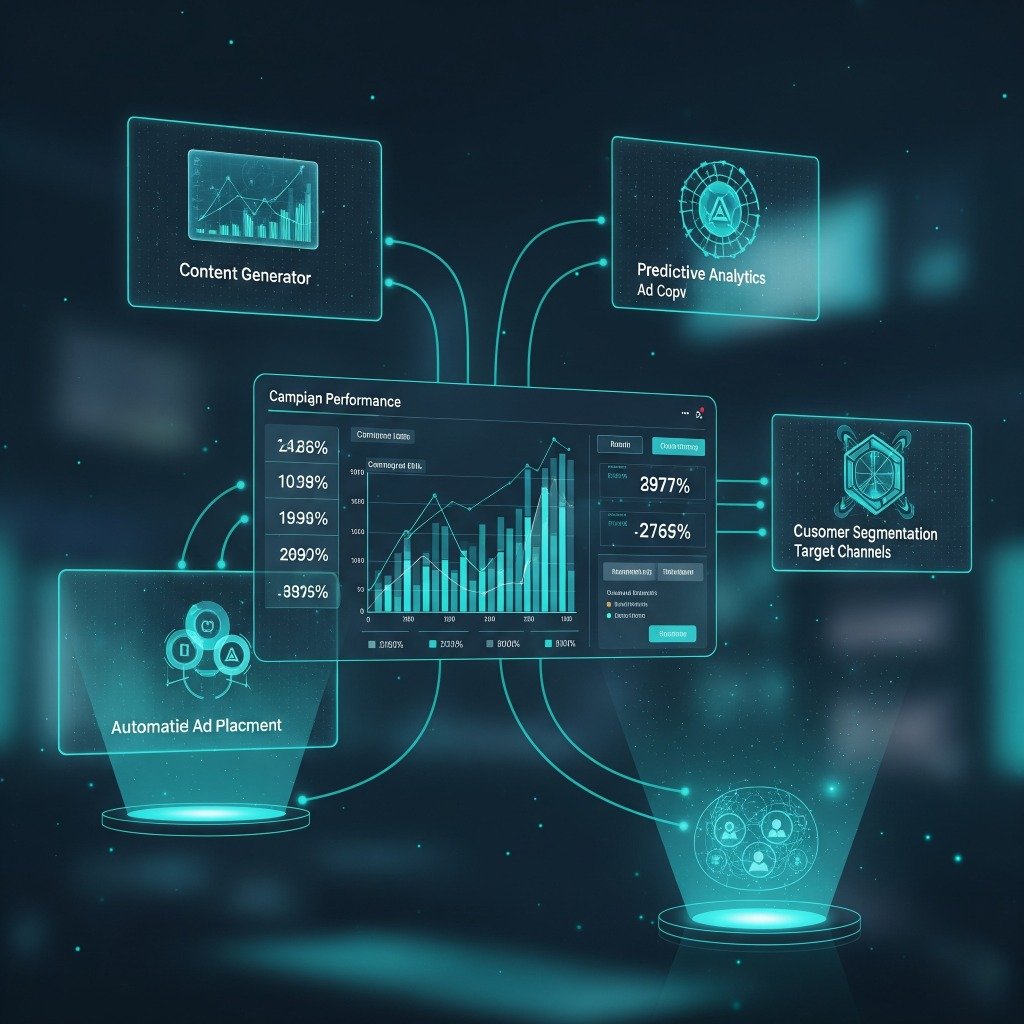
Top 10 AI Tools for Marketing Campaigns
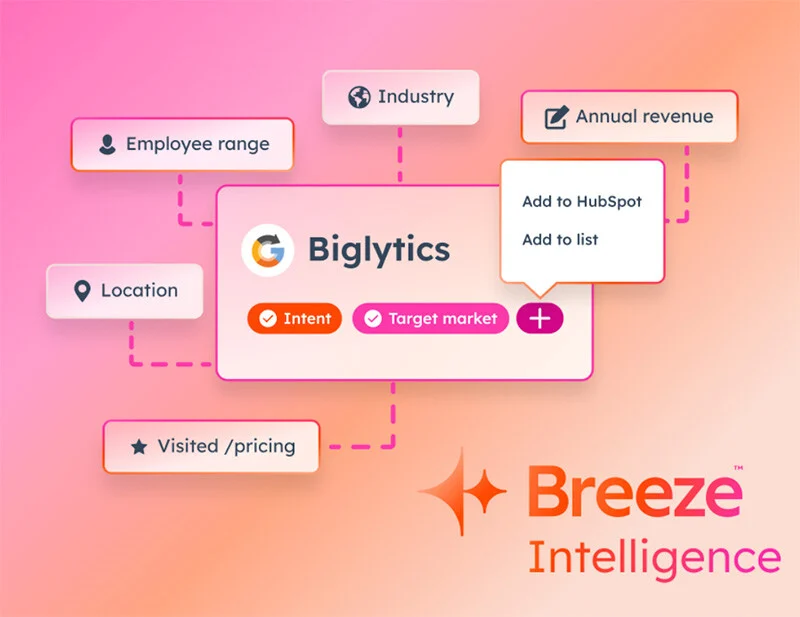
1. HubSpot AI
Overview:
HubSpot AI integrates artificial intelligence across its CRM, marketing automation, and sales platforms, making it a cornerstone for data-driven digital strategy. Its AI-powered features help marketers personalize campaigns, automate workflows, and analyze customer behavior at scale.
Key Features:
- Predictive lead scoring
- AI-driven content recommendations
- Automated email optimization
- Smart segmentation and personalization
Best Use Cases:
- Nurturing leads with personalized email sequences
- Optimizing blog content for engagement
- Automating repetitive marketing tasks
Free vs Paid Options:
HubSpot offers a free CRM with basic AI features; advanced AI tools are available in premium Marketing Hub plans.
Pros & Cons:
Pros: All-in-one platform, seamless integrations, robust analytics
Cons: Advanced features require higher-tier plans, learning curve for new users
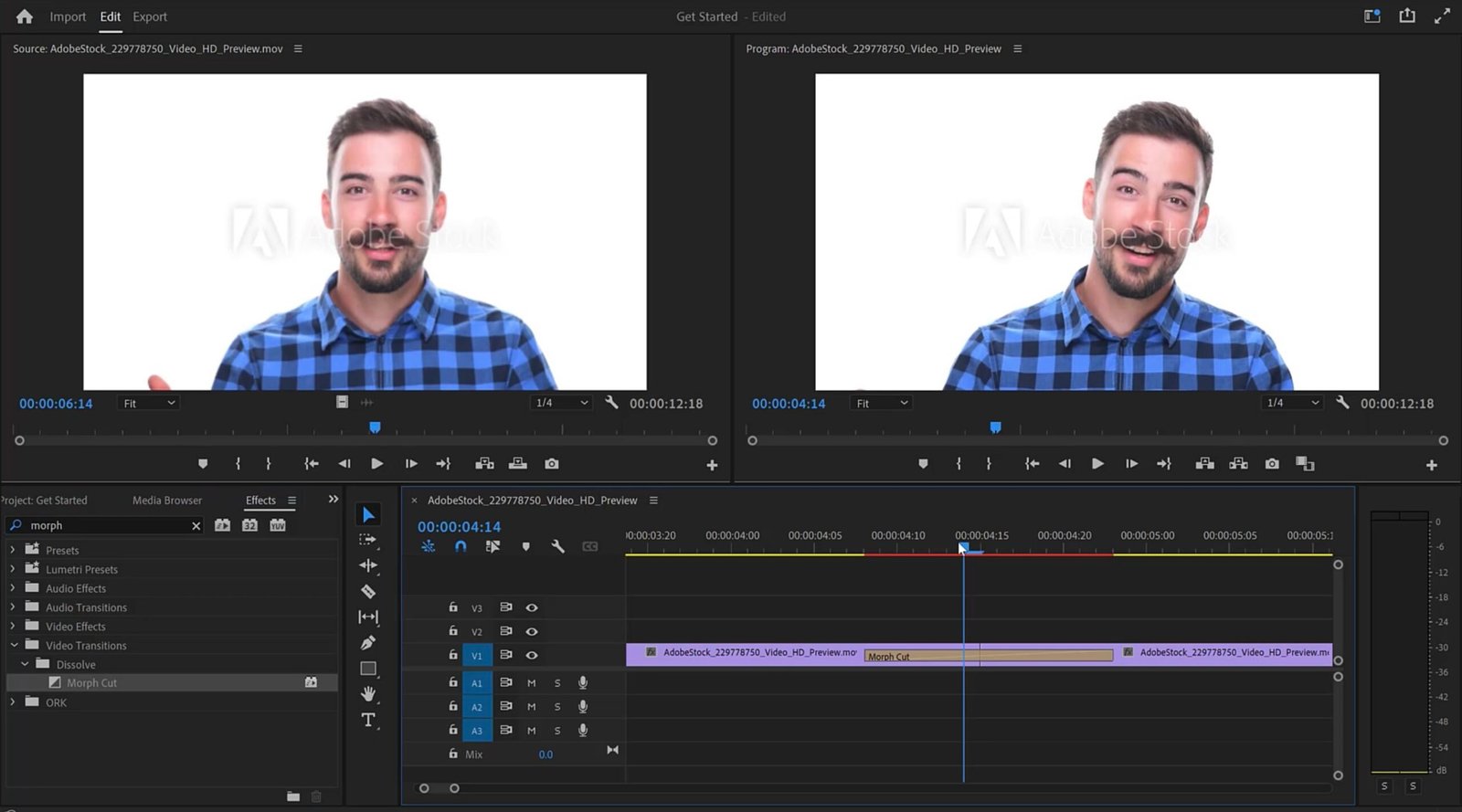
2. Adobe Sensei
Overview:
Adobe Sensei powers AI and machine learning across Adobe’s suite, including Creative Cloud and Experience Cloud. It’s designed for marketers seeking advanced content intelligence, automated asset management, and real-time personalization.
Key Features:
- Automated image and video tagging
- Predictive analytics for campaigns
- Personalized content delivery
- AI-powered creative tools
Best Use Cases:
- Streamlining creative workflows
- Personalizing website experiences
- Analyzing campaign performance
Free vs Paid Options:
Adobe Sensei is included in Adobe’s enterprise solutions; pricing varies by product suite.
Pros & Cons:
Pros: Deep creative capabilities, enterprise-grade, and enhances personalization
Cons: Requires Adobe ecosystem, enterprise pricing
3. Canva AI (Social Media Creatives)
Overview:
Canva AI brings generative AI to graphic design, enabling marketers to create stunning visuals, social media posts, and presentations with minimal effort.
Key Features:
- Magic Write (AI copywriting)
- AI image generation
- Brand kit and templates
- Automated resizing and design suggestions
Best Use Cases:
- Designing social media graphics
- Creating branded presentations
- Generating quick ad creatives
Free vs Paid Options:
Canva offers a free plan; Pro and Teams plans unlock advanced AI features.
Pros & Cons:
Pros: User-friendly, fast, versatile
Cons: Some AI features are Pro-only, limited customization for complex designs
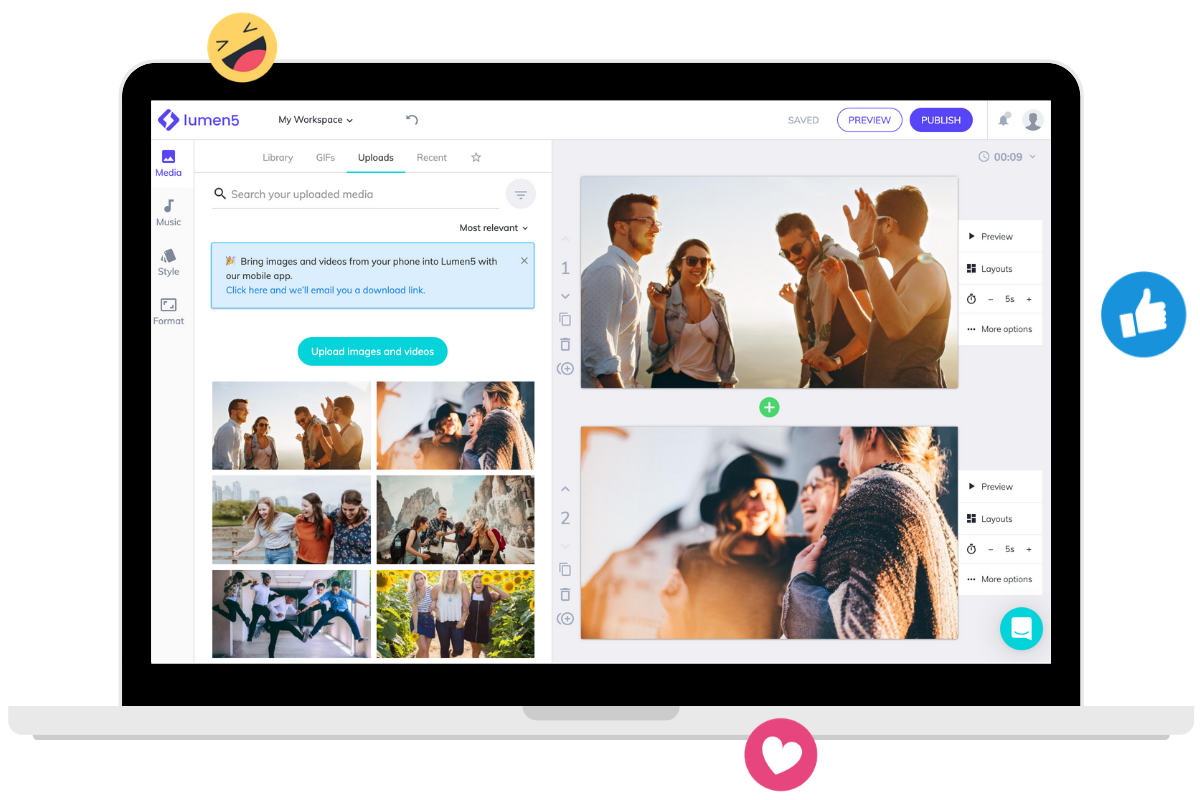
4. Lumen5 (AI Video Marketing)
Overview:
Lumen5 uses AI to turn blog posts and articles into engaging marketing videos, making it a favorite for content repurposing and social media campaigns.
Key Features:
- Text-to-video automation
- AI-powered scene selection
- Custom branding and templates
- Stock media library
Best Use Cases:
- Repurposing written content into videos
- Social media video ads
- Explainer and promo videos
Free vs Paid Options:
Lumen5 offers a free version with watermarked videos; paid plans remove branding and unlock premium features.
Pros & Cons:
Pros: Saves time, boosts engagement, easy to use
Cons: Limited video customization, watermark on free plan
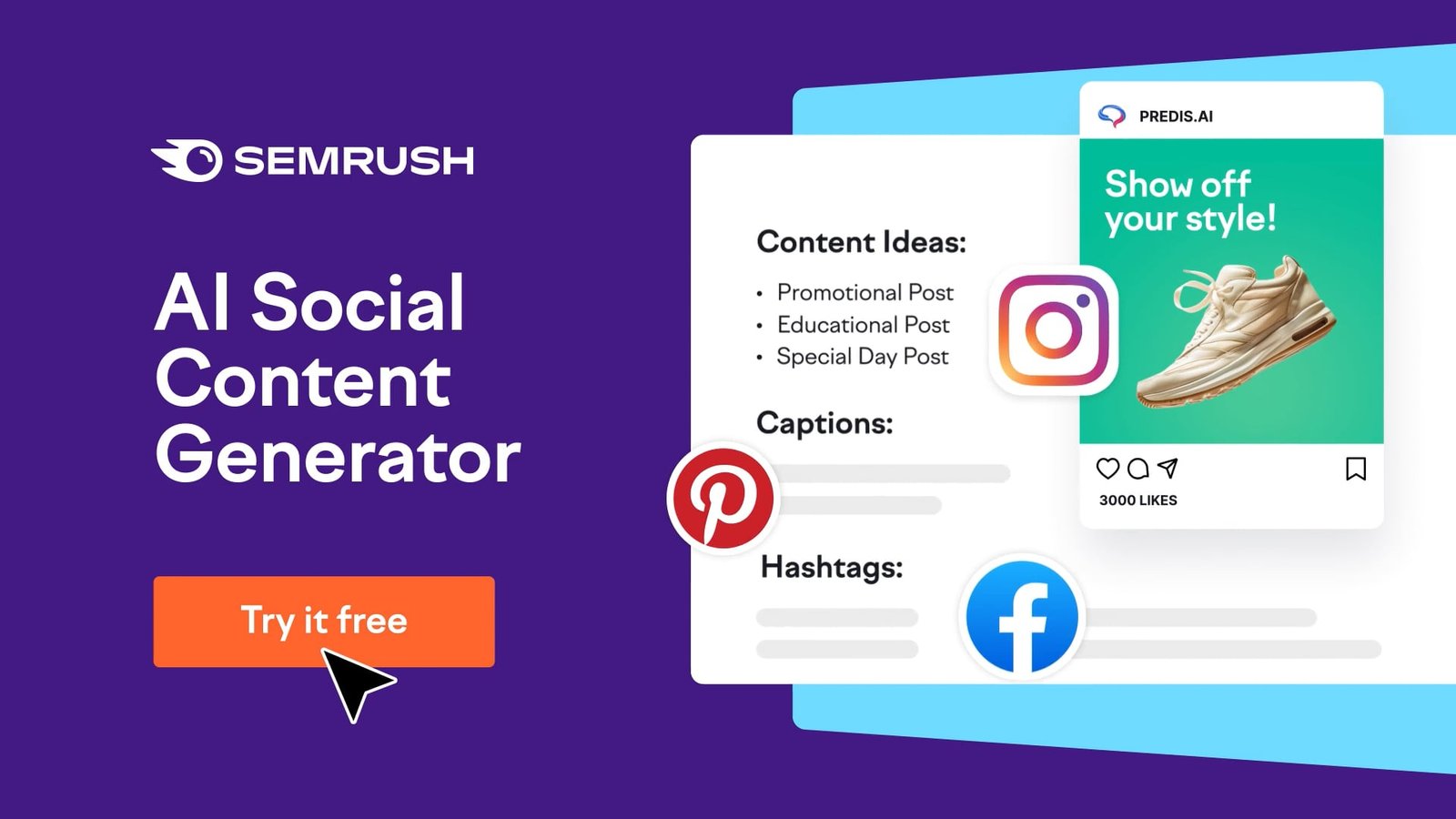
5. SEMrush AI
Overview:
SEMrush AI enhances the popular SEMrush platform with AI-driven keyword research, competitive analysis, and content optimization.
Key Features:
- AI-powered keyword suggestions
- Competitor content analysis
- SEO content templates
- Automated site audits
Best Use Cases:
- Developing SEO strategies
- Tracking keyword rankings
- Optimizing website content
Free vs Paid Options:
SEMrush offers limited free tools; full AI features are available on paid plans.
Pros & Cons:
Pros: Comprehensive SEO suite, actionable insights, trusted by professionals
Cons: Premium pricing, steep learning curve for beginners
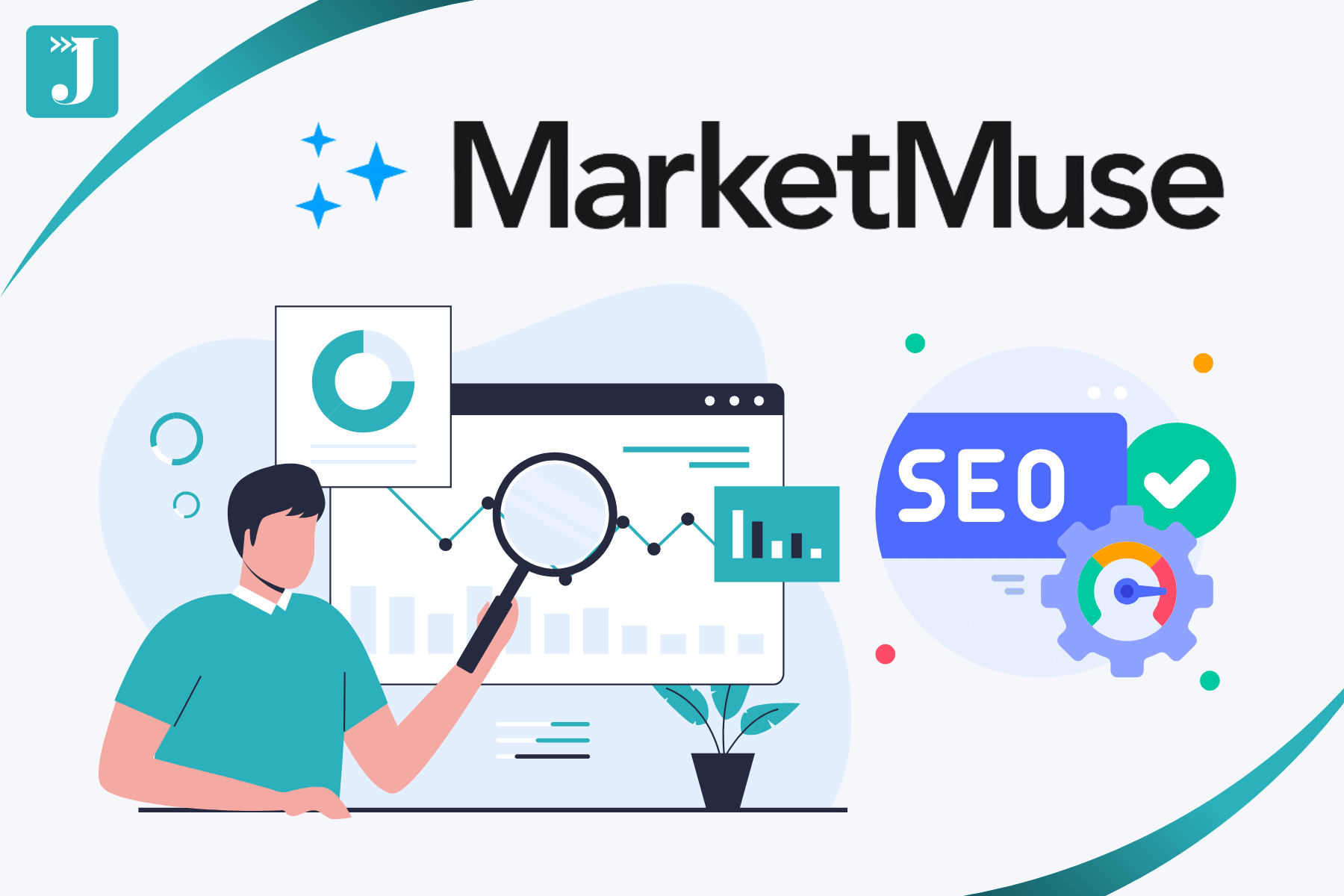
6. MarketMuse
Overview:
MarketMuse leverages AI for content research, planning, and optimization, helping marketers create high-performing, authoritative content.
Key Features:
- AI-driven content briefs
- Topic modeling and gap analysis
- Content scoring and optimization
- SERP analysis
Best Use Cases:
- Planning content calendars
- Optimizing existing articles
- Identifying content gaps
Free vs Paid Options:
MarketMuse offers a limited free plan; advanced features require a subscription.
Pros & Cons:
Pros: Deep content insights, boosts topical authority, saves research time
Cons: Expensive for small teams, interface can be complex
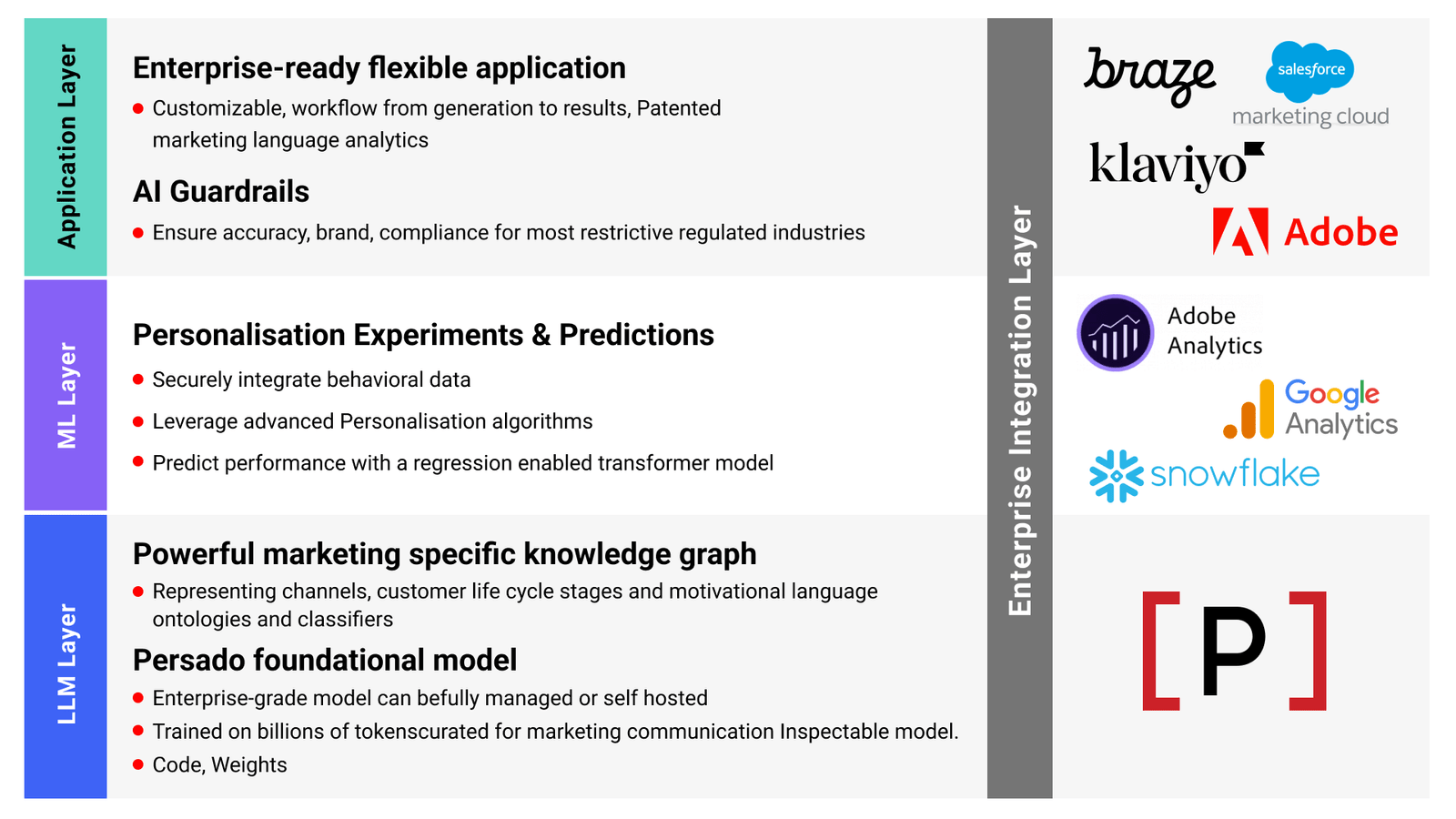
7. Persado (AI Ad Copy)
Overview:
Persado uses AI and natural language generation to craft emotionally resonant ad copy, email subject lines, and SMS campaigns.
Key Features:
- Emotion-driven language analysis
- Multichannel campaign optimization
- Real-time performance analytics
- A/B testing automation
Best Use Cases:
- Creating high-converting ad copy
- Optimizing email subject lines
- Personalizing SMS marketing
Free vs Paid Options:
Persado is an enterprise solution with custom pricing.
Pros & Cons:
Pros: Proven uplift in conversions, data-driven, scalable
Cons: Enterprise pricing requires integration
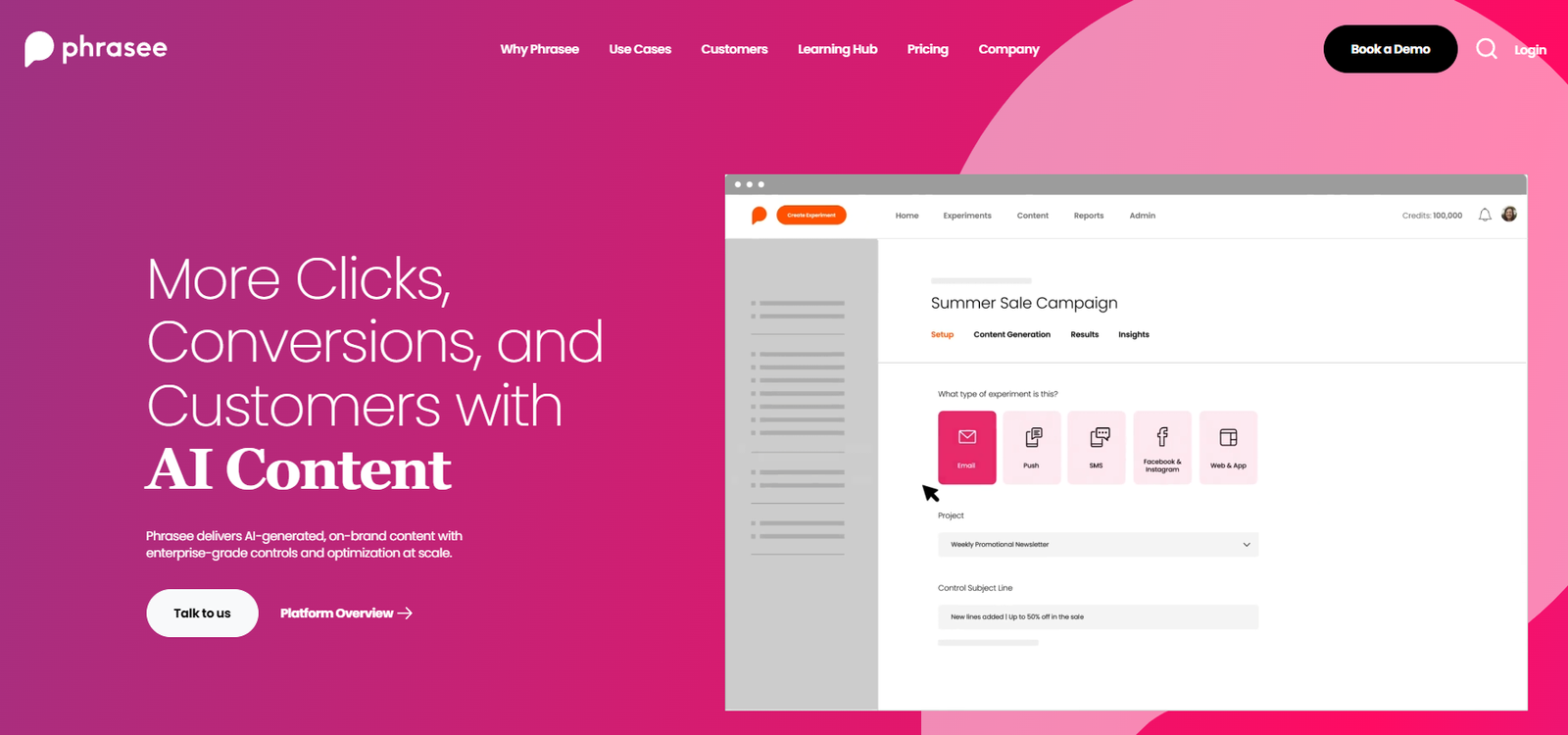
8. Phrasee (Email Campaigns)
Overview:
Phrasee specializes in AI-powered email subject lines and copy, optimizing campaigns for opens, clicks, and conversions.
Key Features:
- Natural language generation for email
- Real-time A/B testing
- Brand voice consistency
- Performance analytics
Best Use Cases:
- Email marketing for e-commerce
- Newsletter optimization
- Automated campaign testing
Free vs Paid Options:
Phrasee is available via subscription, with pricing based on usage.
Pros & Cons:
Pros: Increases email performance, easy to implement, maintains brand voice
Cons: Subscription required, focused mainly on email
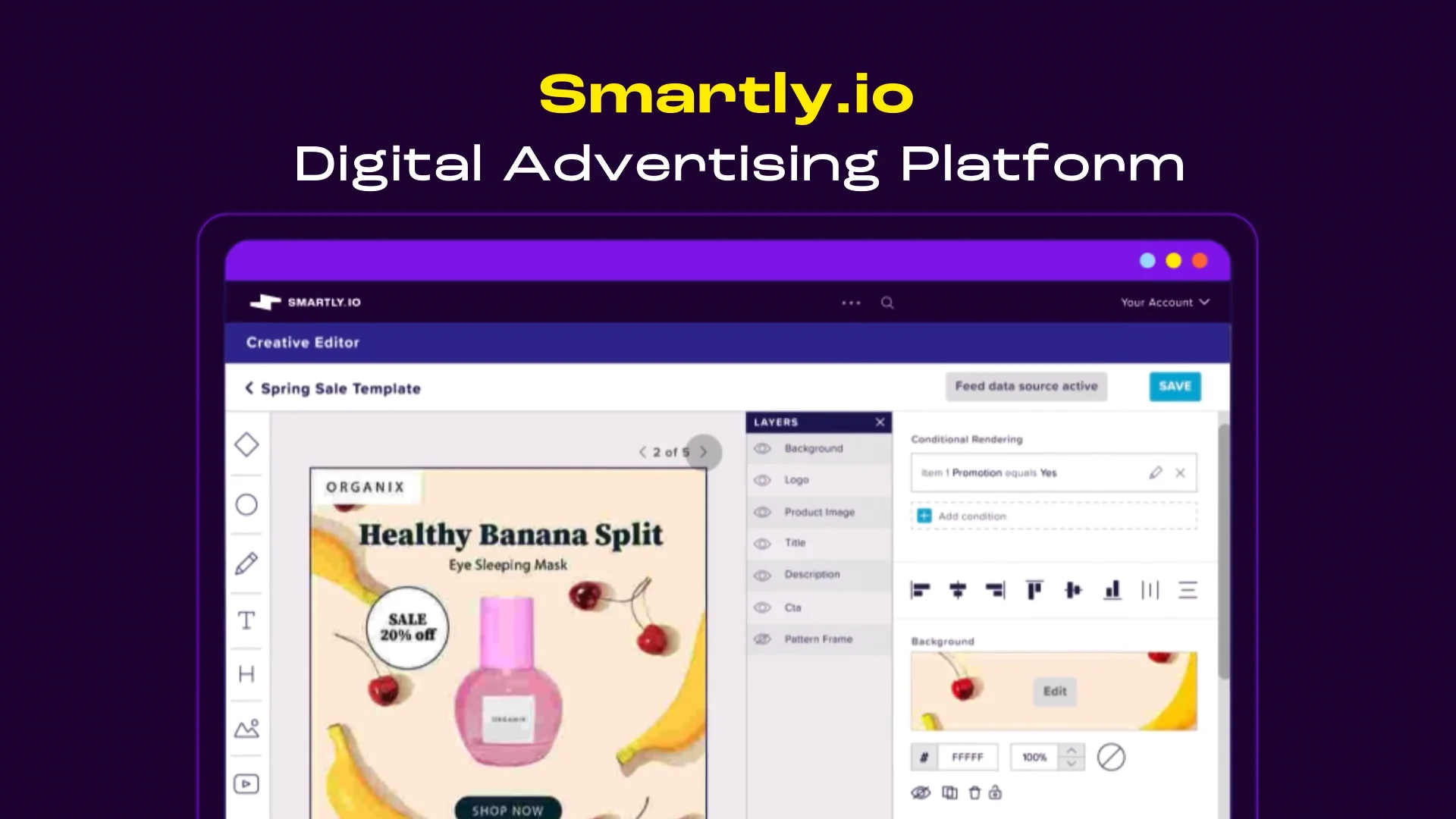
9. Smartly.io (Paid Ads Automation)
Overview:
Smartly.io automates paid social advertising across platforms like Facebook, Instagram, and TikTok, using AI to optimize creatives, targeting, and budgets.
Key Features:
- Automated ad creation and testing
- Dynamic creative optimization
- Cross-platform campaign management
- Real-time analytics
Best Use Cases:
- Scaling paid social campaigns
- Multivariate ad testing
- Budget optimization
Free vs Paid Options:
Smartly.io is an enterprise solution with custom pricing.
Pros & Cons:
Pros: Saves time, maximizes ROI, supports multiple platforms
Cons: Enterprise pricing, setup can be complex
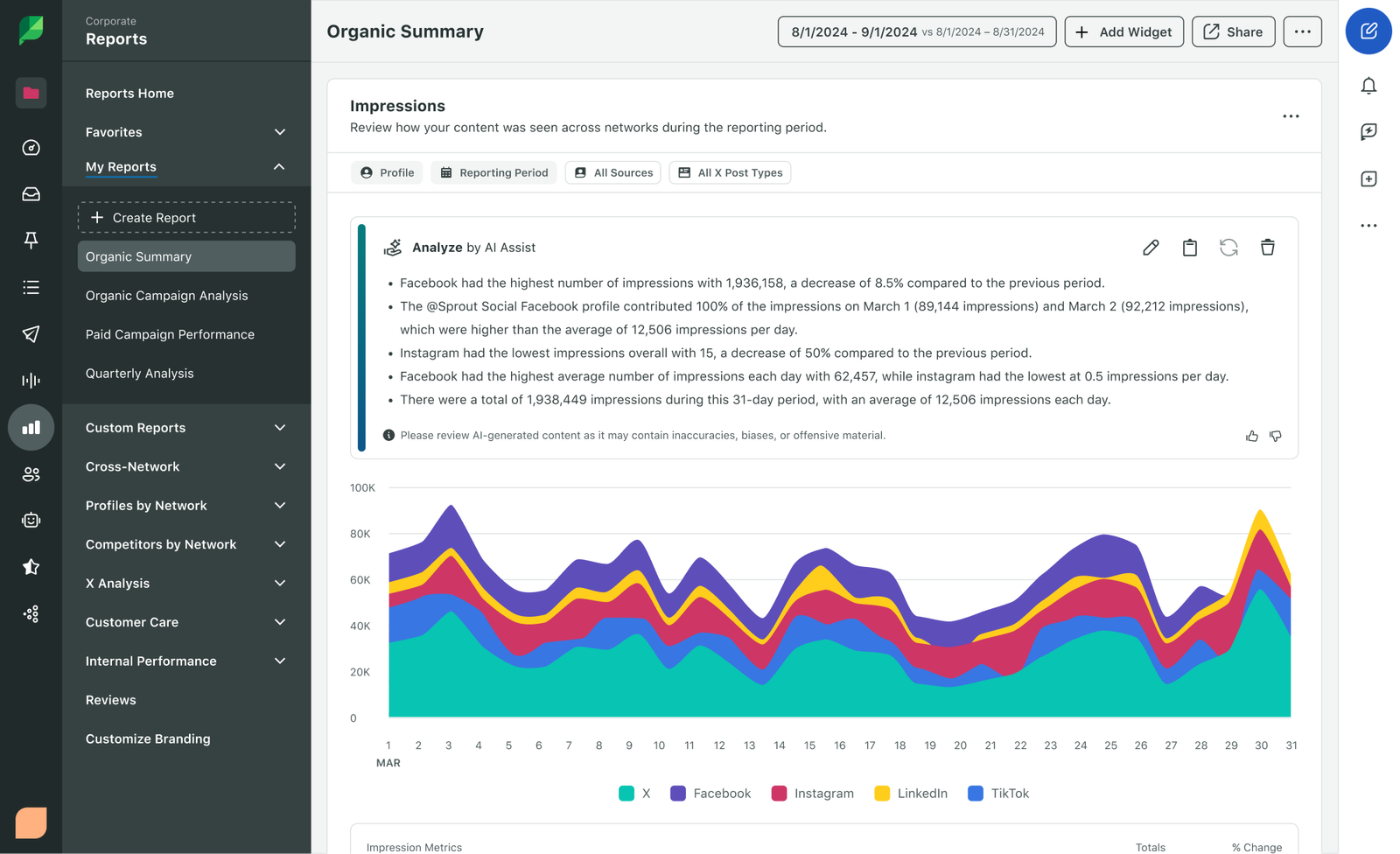
10. Sprout Social AI
Overview:
Sprout Social AI brings intelligent automation to social media management, from content scheduling to sentiment analysis.
Key Features:
- AI-powered social listening
- Automated publishing and scheduling
- Sentiment and trend analysis
- Performance reporting
Best Use Cases:
- Managing multi-channel social presence
- Monitoring brand reputation
- Analyzing audience engagement
Free vs Paid Options:
Sprout Social offers a free trial; full features are available on paid plans.
Pros & Cons:
Pros: Comprehensive, easy to use, actionable insights
Cons: Premium pricing, some features require higher-tier plans
These top 10 AI marketing tools empower businesses to automate, optimize, and personalize campaigns at scale. By integrating AI for content creation and marketing, marketers can unlock new efficiencies, drive better results, and stay ahead in the rapidly evolving digital landscape.
Case Studies: AI Success in Marketing
Small Business Example: Local Coffee Shop Boosts Engagement
A neighborhood coffee shop in Austin, Texas, leveraged AI for content creation and marketing to revitalize its digital presence. Using tools like Canva AI for social media creatives and Jasper AI for email marketing, the shop automated weekly newsletters, generated personalized offers, and scheduled Instagram posts with AI content automation. Within three months, the shop saw a 40% increase in social engagement and a 25% rise in foot traffic, proving that even small businesses can harness AI marketing tools for tangible growth.
E-commerce Brand Example: Scaling Product Descriptions with AI
An emerging e-commerce brand specializing in eco-friendly apparel faced the challenge of launching hundreds of new products quickly. By integrating CopySmith and Writesonic for AI content writing and product description generation, the brand automated content creation for its entire catalog. The result: a 60% reduction in content production time, improved SEO rankings through AI SEO optimization, and a 30% increase in organic traffic. The brand also used Surfer SEO to optimize landing pages, driving higher conversion rates.
Agency Case Study: Personalized Campaigns at Scale
A digital marketing agency serving multiple clients adopted HubSpot AI and Persado to deliver hyper-personalized campaigns. With AI-powered advertising and generative AI in marketing, the agency automated A/B testing, optimized ad copy, and delivered tailored email campaigns. The agency reported a 50% improvement in campaign ROI, faster turnaround for client projects, and the ability to serve more clients without increasing headcount—all thanks to AI content automation and advanced AI marketing tools.
Resources to Learn AI Marketing
Free Resources
- HubSpot Academy: AI in Marketing Course — Comprehensive, beginner-friendly modules on AI for content creation and marketing.
- Google AI: Learn with Google AI — Tutorials and guides on machine learning in marketing and AI-powered advertising.
- YouTube Tutorials: Channels like Neil Patel and Ahrefs offer practical walkthroughs on AI content writing, AI SEO optimization, and more.
Paid Resources
- Coursera: AI for Everyone by Andrew Ng — Foundational course on AI applications in business and marketing.
- Udemy: AI Content Creation Masterclass — Step-by-step training on using the best AI tools for content creators.
- LinkedIn Learning: Artificial Intelligence for Marketing — In-depth lessons on AI content automation, AI copywriting, and campaign optimization.
FAQs
Is AI replacing content creators?
No—AI for content creation and marketing is designed to enhance, not replace, human creativity. While AI content writing and automation tools streamline repetitive tasks, human oversight ensures brand voice, originality, and strategic direction.
What are the best AI tools for small businesses?
Top choices include Canva AI for social media, Jasper AI for copywriting, Grammarly AI for editing, and Copy.ai for ads and landing pages. These tools offer affordable plans and intuitive interfaces, making AI content automation accessible to small teams.
How can I use AI for SEO?
Leverage platforms like Surfer SEO, SEMrush AI, and Writesonic for keyword research, content optimization, and automated site audits. AI SEO optimization tools analyze top-ranking content and provide actionable recommendations to improve your search visibility.
Are AI-generated blogs good for Google ranking?
Yes, when used responsibly. Google values high-quality, original content that provides value to users. AI content writing tools can help generate ideas and drafts, but human editing is crucial for accuracy, depth, and compliance with Google’s guidelines.
What are the risks of relying too much on AI in marketing?
Over-reliance on AI can lead to generic content, loss of brand authenticity, and potential factual inaccuracies. It’s essential to combine AI content automation with human creativity, regular audits, and a clear content strategy.
Conclusion
AI for content creation and marketing is not just a technological upgrade—it’s a strategic imperative for digital growth in 2025 and beyond. From AI marketing tools that automate workflows to generative AI in marketing that unlocks new creative possibilities, artificial intelligence is empowering marketers, agencies, and entrepreneurs to achieve more with less.
AI isn’t replacing marketers; it’s enhancing their capabilities, freeing up time for strategy, innovation, and authentic storytelling. The future belongs to those who embrace AI content automation, experiment with the best AI tools for content creators, and continuously learn from data-driven insights.
Now is the time to start experimenting with AI for content creation and marketing. Whether you’re a small business owner, content creator, or agency leader, the tools and strategies outlined in this guide will help you stay ahead, drive results, and thrive in the AI-powered digital era.
Explore more:
Best Apps to Remove Background from Photos
- AI Tools for Content Marketing
- SEO Optimization Strategies
- Content Automation Best Practices
- Best Apps to Remove Background from Photos
For further reading, visit HubSpot’s AI Marketing Blog, SEMrush AI Content Marketing, and Gartner’s AI Insights.

